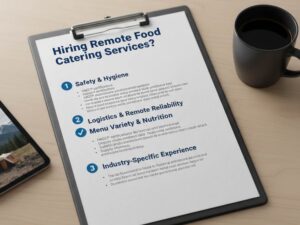
Checklist for Choosing the Best Remote Food Catering Partner
When planning a large-scale project in a challenging location, remote food catering becomes one of the most critical services to
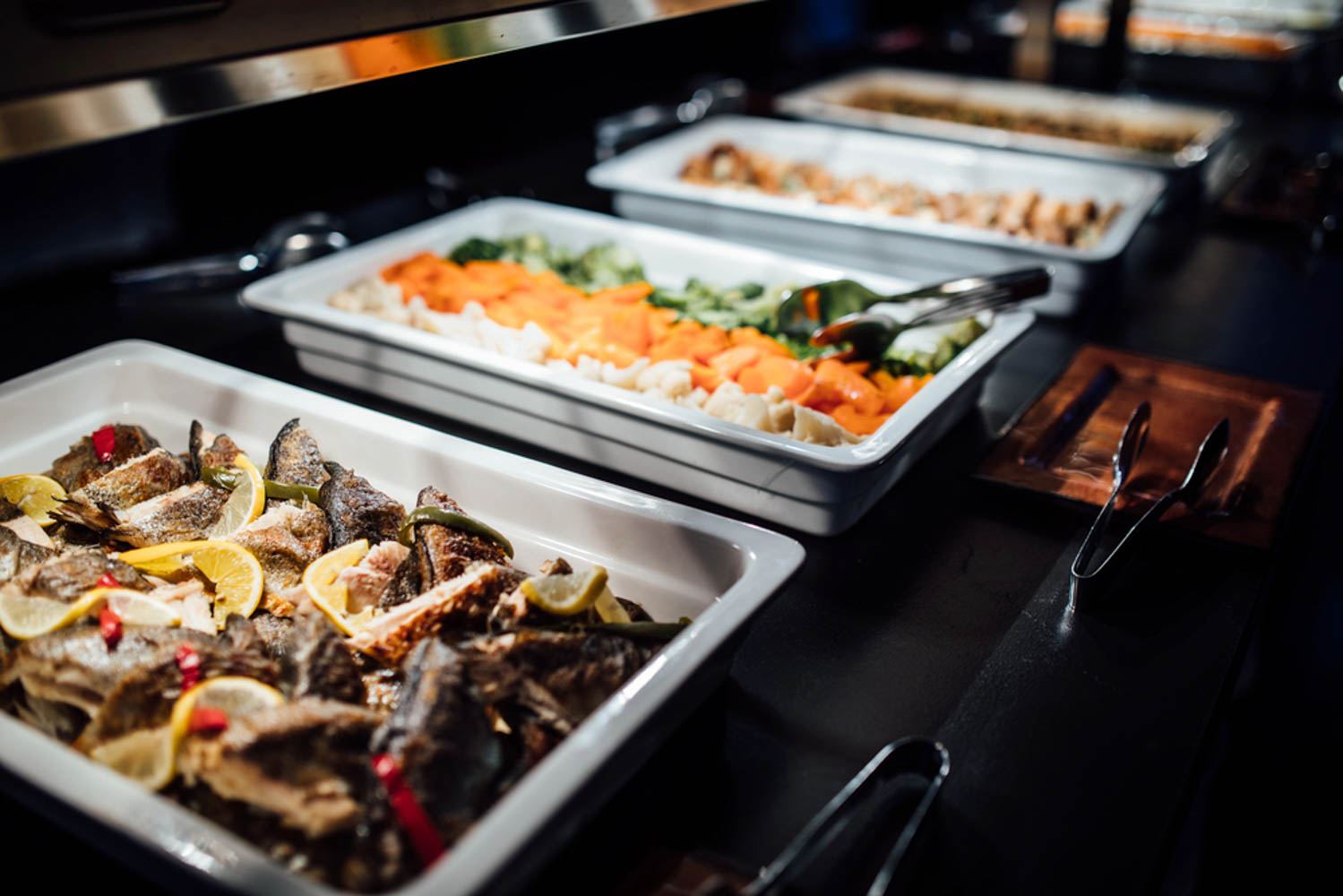
Keeping crews energized and satisfied starts with smart camp food menu ideas—especially in remote environments where morale and nutrition go hand in hand. Whether you’re managing a mining site, a forestry camp, or a seasonal construction crew, rotating menus that balance variety, simplicity, and logistics can make all the difference.
Monotony is the enemy of appetite. Even the most well-prepared meals lose their appeal when repeated too often. A rotating menu system not only prevents food fatigue but also boosts morale, supports nutritional balance, and helps streamline procurement and prep.
In high-demand environments, remote camp food catering teams often face the challenge of feeding dozens (or hundreds) of workers with limited kitchen space, unpredictable supply chains, and tight schedules. A well-designed rotation strategy can reduce waste, improve efficiency, and keep taste buds interested.
Meals do more than nourish—they offer comfort and a morale boost to crews far from home. Rotating camp food menu ideas weekly combats menu fatigue and creates a more positive atmosphere around meal times. It’s not just about variety for its own sake—it’s about sustaining energy, focus, and performance in tough working conditions.
Start with a base weekly template that can be rotated and varied slightly to maintain novelty. This template should include:
This “base framework” becomes the foundation that allows camp catering companies to tweak and modify without overhauling entire menus every week.
Themed meals are a great way to inject fun and anticipation into the week. Examples include:
Such concepts add excitement and make the menu feel dynamic. They also help remote site catering teams plan procurement and prep work around predictable, repeatable frameworks that rotate.
One effective method used by successful camp catering services is a 4-week rotating menu. Each week offers a new cycle of meals, which then resets at the start of the next month. This keeps things fresh, while allowing for repetition that simplifies logistics.
By the time Week 1 returns, enough time has passed to feel new again. This model also allows remote site chefs to refine recipes and improve based on feedback.
Ingredient logistics can make or break a remote meal program. A core principle of effective camp food menu ideas is managing ingredients that work across multiple dishes.
Here’s how to do it right:
Proper planning ensures that you’re not flying in fresh basil for one dish or wasting perishables. The goal is to keep variety high without increasing inventory complexity—a key skill of experienced remote camp chefs.
One often overlooked tactic is involving the crew in menu planning. Creating a simple feedback form or using a digital suggestion box gives crews a voice. Consider:
When crews feel heard, they become more engaged and invested in meal times. And this feedback helps remote site chefs tailor their menus to suit real tastes—not just what’s convenient to cook.
Today’s crews are more diverse than ever, and food camp menu strategies must reflect that. Vegetarian, vegan, gluten-free, and allergy-conscious options should be baked into your rotation.
Rather than treating these as afterthoughts, build them into your base menu:
This ensures no one feels left out and reflects the professionalism expected from high-quality camp catering operations.
Managing all of this in-house can be overwhelming. That’s why many companies outsource to specialized camp catering companies that understand the complexity of operating in remote locations. These experts bring:
By outsourcing or partnering, companies ensure consistent, high-quality meals while reducing internal burdens.
At the end of the day, simplicity is your friend—but that doesn’t mean boring. Simple meals executed well with fresh ingredients and seasoning will always beat out overcomplicated recipes that flop due to poor execution or lack of ingredients.
Some examples of simple-yet-engaging menu hits:
Encouraging creativity within simple frameworks is one of the defining traits of the best remote camp food catering teams.
Rotating menus isn’t just about avoiding repetition—it’s about creating a food experience that supports morale, nutrition, and operational efficiency. With smart planning, crew input, and flexible logistics, your camp can serve meals that feel fresh, satisfying, and sustainable week after week.
Whether you’re working with camp catering companies, managing remote camp chefs, or coordinating with remote site catering teams, the right rotation strategy can turn mealtime into a highlight of the day. And when done well, your rotating camp food menu ideas will be remembered long after the last plate is cleared.
Work with our expert remote camp chefs to create the perfect rotating menu for your site. Contact the Domco Group today to get started!
Groupe Domco Canada Limitée est l'un des fournisseurs de services en régions éloignées le plus fiable et le plus respecté au Canada. Entièrement canadien et propriété indépendante, Domco est en affaires depuis 1945. Nous proposons des solutions intégrées pour les régions éloignées, notamment un cycle de menus nutritifs et bien planifiés, l'établissement de relations à long terme et de racines profondes canadiennes dans des endroits éloignés avec des communautés autochtones.
Laissez-nous vous présenter quelques avantages clés qui nous distinguent.

When planning a large-scale project in a challenging location, remote food catering becomes one of the most critical services to
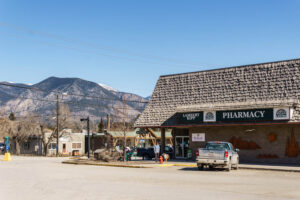
Remote health and safety is a critical component in the management and operation of Canadian field camps, especially those situated
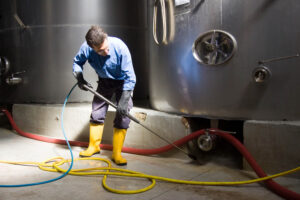
Janitorial camp services are the backbone of operational success in Canada’s energy sector, especially in remote oil and gas sites
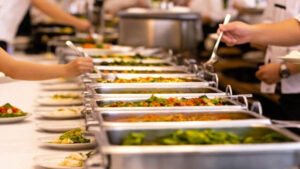
Remote catering companies play a vital role in keeping workers safe, nourished, and productive across Canada’s industrial sectors. Whether supporting
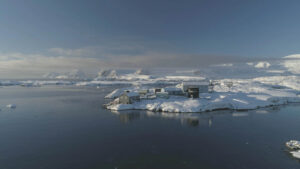
Exploration remote site services play a foundational role in enabling Canada’s most strategically important industries to operate in some of

Selecting the right oil and gas facility maintenance provider is a pivotal decision for companies operating in Canada’s remote regions—from

In Canada, mine camp management plays a key role in supporting workers at remote mining sites. These sites provide housing,
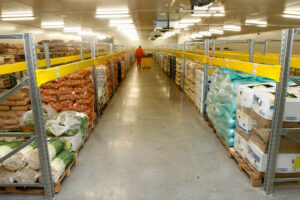
Remote food catering plays an important role in supporting workers across Canada’s most isolated job sites. Whether in the far
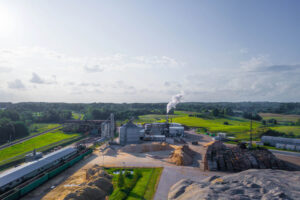
Remote camp maintenance jobs in Canada support the full lifecycle of temporary worksites—from setup (mobilization) to daily operations (maintenance) and

Remote catering companies play a vital role in supporting Canada’s vast and varied industries, especially those operating in isolated or

Oil and gas facilities management is a complex and critical discipline that ensures energy operations in Canada’s most remote locations
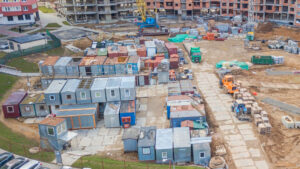
In the rugged, often isolated world of remote construction camps, construction facility management is the invisible force that sustains daily

Remote maintenance is the backbone of operational continuity in Canadian work camps, especially those located in isolated regions supporting industries
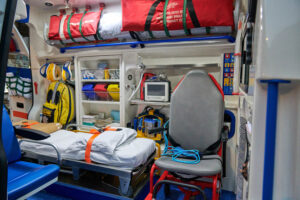
Remote camp health and safety is a vital concern in the management of Canadian remote workforce camps, especially in resource-driven
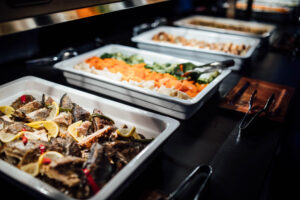
Keeping crews energized and satisfied starts with smart camp food menu ideas—especially in remote environments where morale and nutrition go
